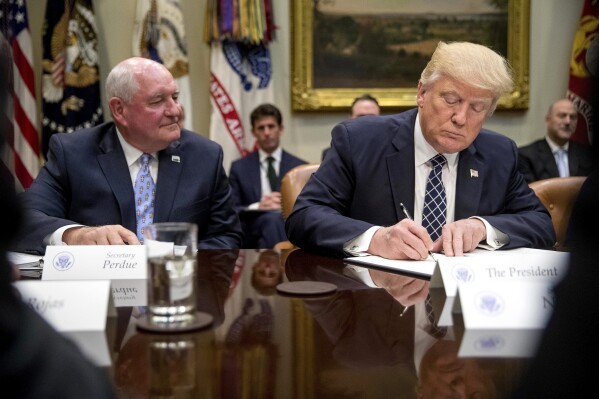
A new Trump administration initiative offering federal workers "deferred resignations" could potentially flood the cybersecurity job market with experienced professionals, raising questions about the industry's future landscape.
The administration's buyout program, which provides continued pay through September 2025 for those who resign, excludes certain national security positions but may affect numerous federal cybersecurity professionals. With estimates suggesting 5-10% of federal employees could accept the offer, the private sector may soon see an influx of government-trained cyber talent.
Industry experts express mixed views on the potential impact. The private sector could benefit from accessing seasoned professionals with federal experience, potentially strengthening corporate security capabilities. However, a sudden surge of job seekers might temporarily depress wages in an otherwise competitive field.
The federal government's loss of cyber expertise raises concerns about national security implications. "Purging the federal government of dedicated career civil servants will have vast, unintended consequences," warns AFGE National President Everett Kelley, highlighting worries about maintaining critical government security operations.
The program, managed through the newly created Department of Government Efficiency led by tech entrepreneur Elon Musk, gives federal workers until February 6 to decide. While the administration frames this as a voluntary program offering generous benefits, some labor representatives argue it creates pressure on workers to leave government service.
For the cybersecurity industry, this workforce shift could reshape hiring dynamics, potentially creating both opportunities and challenges as the market adjusts to absorb former federal talent. Companies may need to reassess their recruitment strategies and compensation packages in response to the changing talent pool.
The long-term effects on both government cybersecurity capabilities and private sector dynamics remain to be seen as the resignation period unfolds.